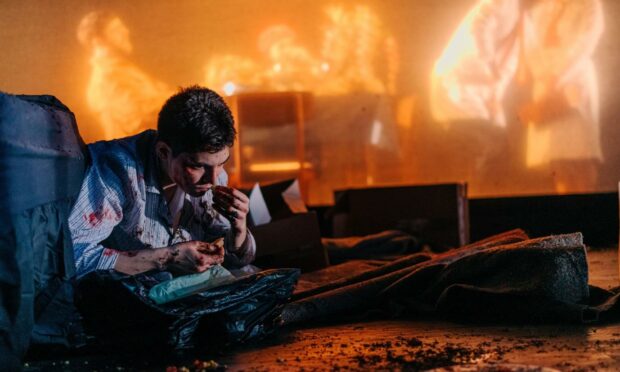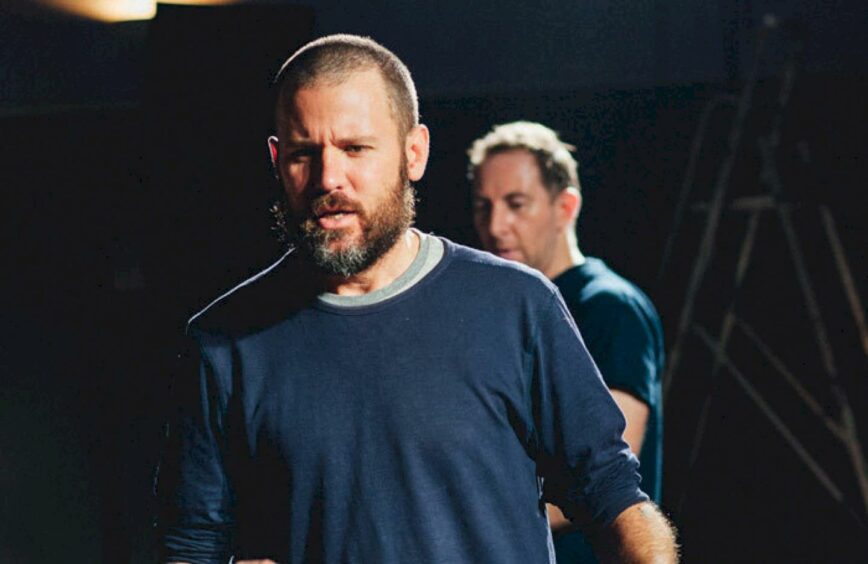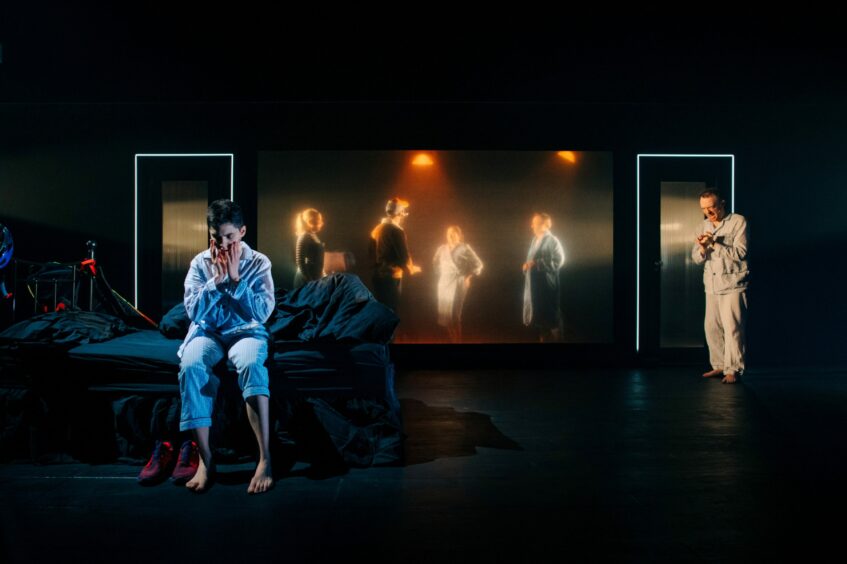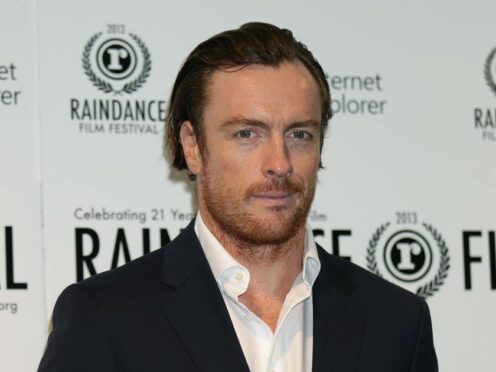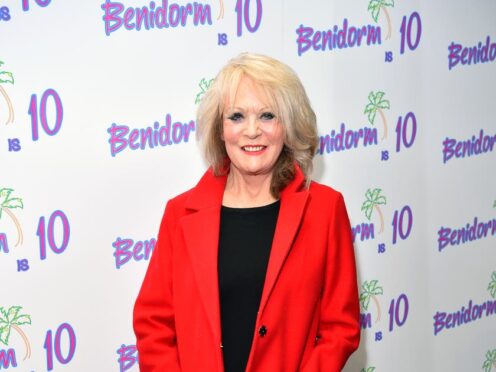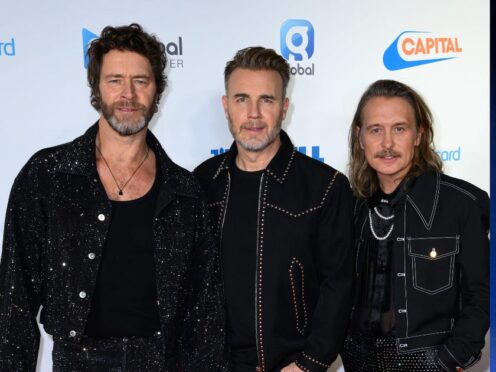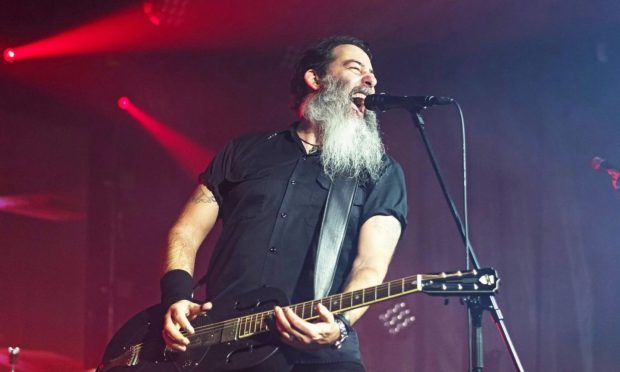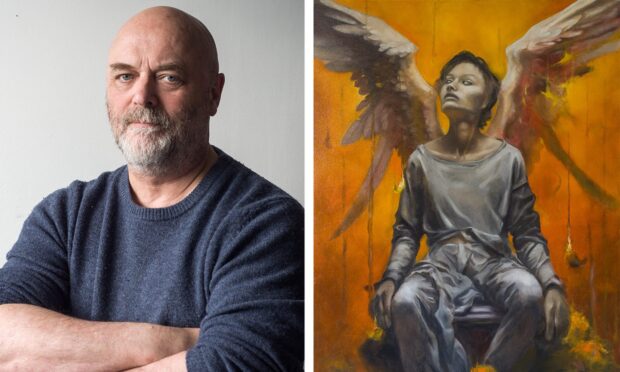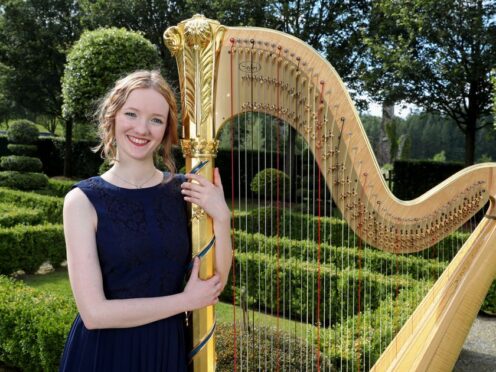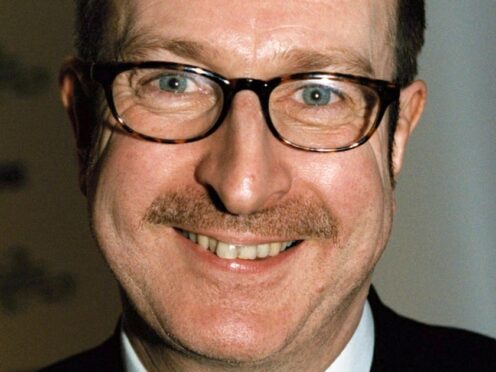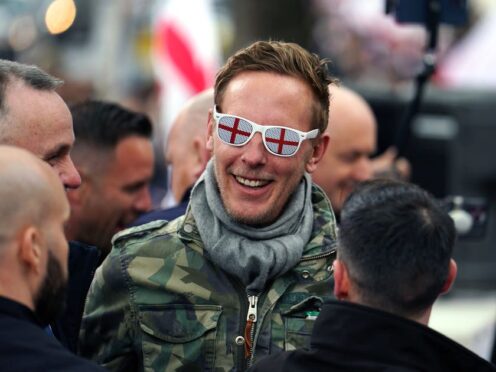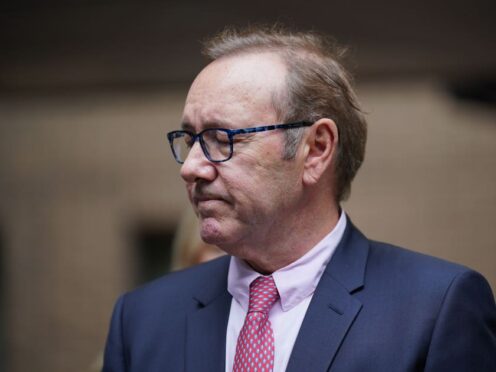It may have been written over 100 years ago, but The Metamorphosis is very much a story for our times.
Franz Kafka’s allegorical novella concerning a man who wakes up to find he has turned into a giant insect has bewitched generations of philosophy students.
Its latest stage version goes beyond a study of self-identity to beg questions that are sharply pertinent to the era-defining events presently unfolding before all our eyes.
Created by Glasgow-based theatre company Vanishing Point, The Metamorphosis arrives in Dundee almost exactly two years after its initial performances were halted by the Covid shut-down of mass events.
In surreal times
The play is set in a recognisably modern context and its director Matthew Lenton says 2020’s surreality made Prague-raised Kafka’s vision all too graphic – and an uneasy prescience continues to hang over the visceral production.
“During our five performances before things closed down it felt like a cloud was moving slowly towards us and everybody knew it,” he explains.
“There was a weird symbiosis between the story and what was happening with people in the audience and what they were expecting to hit, which gave it a very strange feeling and atmosphere at the time.
“Now of course there’s a lot of other things going on which I think gives the show a different perspective again, and ultimately that’s got a lot to do with the brilliance of Kafka’s original story.”
Matthew, 48, says “a few nuanced differences” exist between his play of two years ago and the revived version, which sees Italian actor Nico Guerzoni playing central character Gregor Samsa.
Changes in context
“Context changes and the world changes, and actually art changes within the context of the world,” says the Englishman.
“The world has changed profoundly in the last two years and the most interesting thing for me is seeing how an audience responds to the show differently now than they did two years ago.”
The Metamorphosis is a co-production with Italy’s Emilia-Romagna Theatre and Lenton believes the cross-cultural aspect gives it added layers of meaning.
“There’s no point for me having a show with Italian actors if it doesn’t make use of the fact that there’s different languages and cultures involved,” he declares.
“I was offered three or four Italian actors but just chose one because I wanted someone who spoke a different language to everybody else, and to make use of that otherness.
“His Italian-ness is a big factor – he wakes up speaking a different language and his family suddenly can’t understand him.
“Not only is there an insect in the house, but also somebody who resembles a foreign body, as it were. The show taps into that anxiety or contention that exists in our country about immigration.
“There’s certainly a parallel in Kafka’s story between how you treat an insect that’s a nuisance or vermin and how you treat a human being. The danger is when people start referring to human beings as vermin or cockroaches.”
A visual feast
With design work by Kenneth MacLeod, who’s been behind such acclaimed offerings as The Dark Carnival, the play’s both a visual and an intellectual feast firmly in the spirit of its source text.
“There’s no easy answers with Kafka,” Matthew adds. “Gregor is persecuted and treated badly, but he is a bug – suddenly – in this house and what would you do, the show asks.
“It doesn’t make judgements about the characters but asks the audience to reflect on their own attitudes and possibly their own socio-political position.
Kafka’s comedic touch
“If you look at the Ukrainian refugee crisis, we can act politically through our voices or social media but will people put their money where their mouths are and actually accommodate somebody in their own home? That’s the big question for me.
“On another level the show’s a comedy. Here’s a guy who wakes up one morning and finds he’s turned into an insect, so his first thought of course isn’t ‘Oh my god I need to call an ambulance’, it’s ‘How am I going to get to work on time, and get out of bed with all these different limbs?’
“There’s a danger when novels become canonised that people then tend to treat them in a very serious way.
“It’s important to remember part of Kafka’s brilliance is he gets his feelings across in a comedic way a lot of the time.”
The Metamorphosis is at Dundee Rep from March 30 to April 2, including access and matinee performances.
